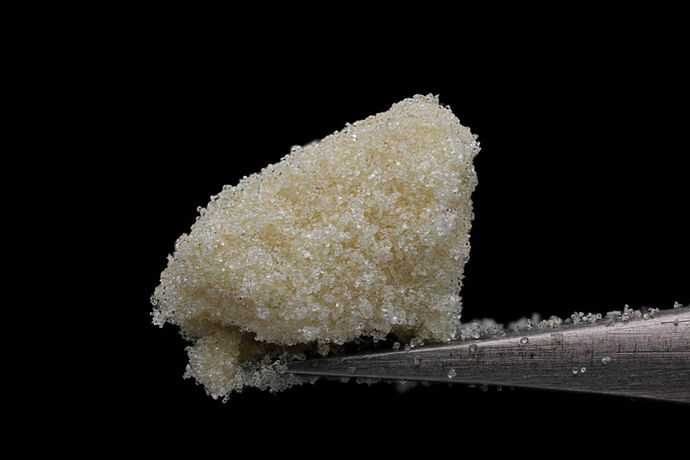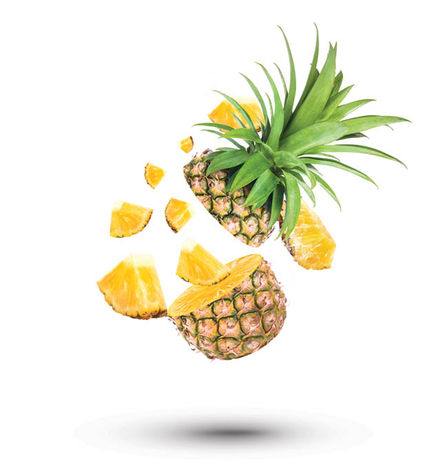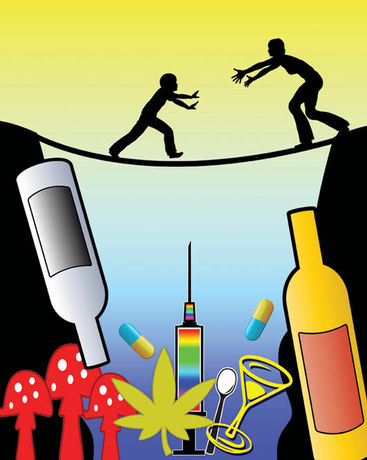If I say “hemp,” you immediately think “CBD.” Am I right? Over the last few years, CBD made from hemp has made its way into countless products used by millions of Americans. We can all agree that hemp has gone mainstream. True, but what we’re seeing and buying is only the tip of the iceberg. Why? Because hemp has the potential to make different kinds of plant-based medicine.
Please don’t get me wrong: Lots of people have found relief from pain and other disorders by using CBD. People are beginning to make their buying decisions based on more than just how much CBD a particular product has. Terpenes are a prime example. If Product A and Product B both have 11% CBD, that doesn’t mean they deliver the same benefits if one has more terpenes than the other. Don’t forget the Entourage Effect: the principle that all of the chemical compounds act together to deliver a more nuanced effect.
If terpenes like linalool and myrcene color the effect of CBD, let’s talk about the other cannabinoids produced by the plant. Legally, hemp can’t have more than 0.3% THC – but if Product B has 0.25% THC, it will have a different effect from Product A that’s all CBD and nothing else. The Entourage Effect at work again.
I cringe when I hear the phrase “minor cannabinoids.” I truly believe that all of the cannabinoids matter. Their influence may not be equal to CBD, but many of the chemicals the plant makes are bioactive in very small amounts.
Consider this: The standard lab test measures only 12 cannabinoids and 9 terpenes. These 21 components are but a fraction of what we know hemp makes. We don’t even know what “minor cannabinoids” are in a given sample. BTW, the standard lab test doesn’t measure other chemicals like flavonoids, anthocyanins, fatty acids, esthers, etc. Don’t forget, these chemicals contribute to the Entourage Effect too.
If different plants make different mixtures of chemicals, there must be a plant or two that works for you but not for me. The more you know about which products work or don’t work for you, the more precise your shopping choices will be. Taking it a step further, you want as many choices as possible. This means hemp farmers need to grow unique crops with one-of-a-kind chemical profiles. They don’t need to grow a lot of it (quantity), but rather, grow something the market doesn’t offer but consumers want/need (quality).
Farmers are you listening? Don’t grow bulk biomass of Cherry Wine, Elektra or Special Sauce. If your neighbor is growing it, think twice before planting any yourself. Heard about a new “minor cannabinoid” that sounds promising? Search for seeds or clones and read the COA from the breeder or distributor. Do your homework and plant several outliers. Pheno hunt, breed, and keep fastidious notes.
As more chemovars (combinations of cannabinoids and terpenes) become available, low quality biomass will continue to lose market value. Outliers have value because they’re rare with untapped potential. My hunch is that successful farms will be the ones that grow unique cultivars. In the not too distant future, some patients and retail outlets will resemble compounding herbalists. It all begins with hemp farmers and the plants they grow. Growing smaller amounts of quality cultivars that have unique chemical composition will help you to stand out from the crowd. Small family farms, are you listening?










